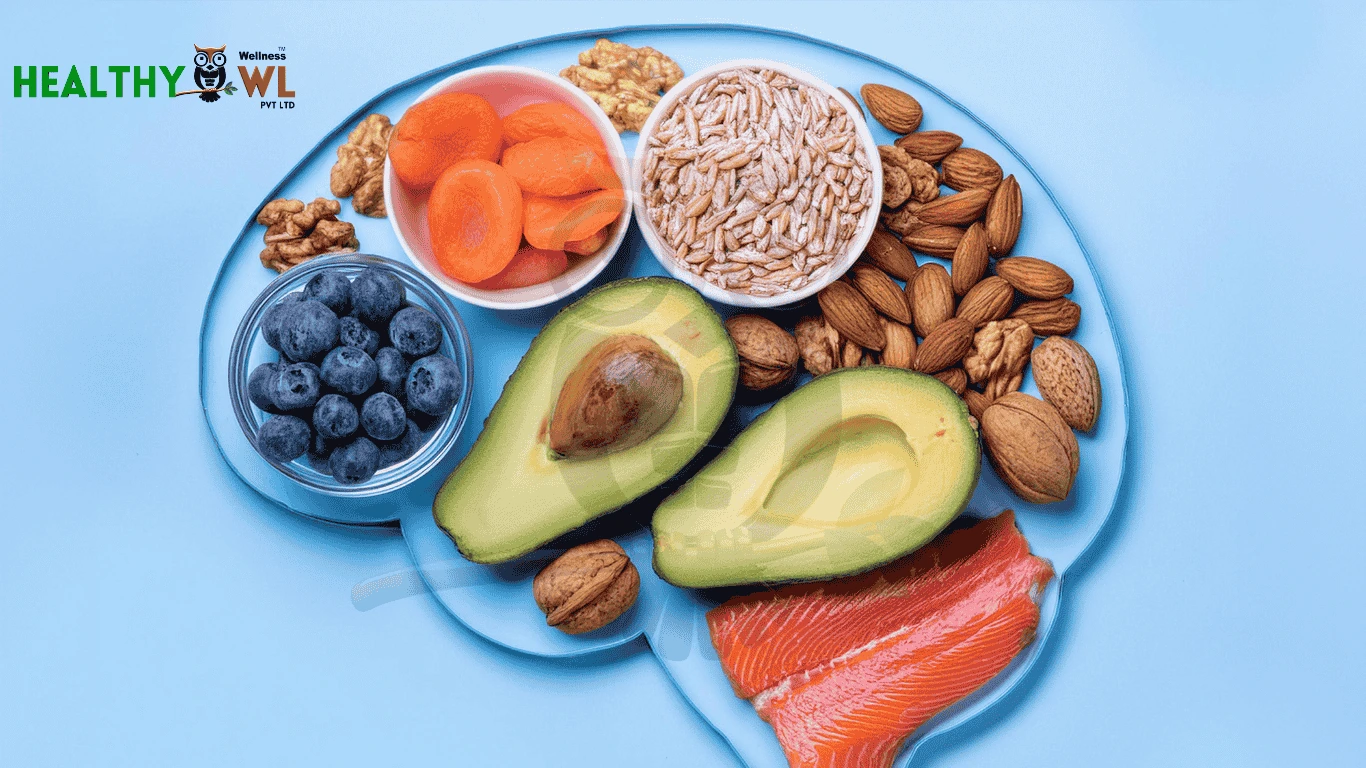In the search for better health, many people turn to processed or fad diets that promise quick weight loss or instant results. While these may offer short-lived changes, they rarely support long-term wellness. Real progress comes from real, whole foods—the kind that nourish your body from within.
Let’s explore why processed diets often fall short, and why choosing whole foods can truly transform your health in a sustainable way.
The Problem with Processed Diets
Processed and packaged foods may be convenient, but they come with challenges that affect both health and energy levels.
1. High in Empty Calories
Processed foods are often packed with refined sugars, unhealthy fats, and additives. They may give a quick boost of energy but leave your body undernourished and craving more shortly after.
2. Nutrient Deficiency
During food processing, essential vitamins, minerals, and fiber are stripped away. So while these foods may fill your stomach, they don’t provide the nutrients needed for daily functioning, immune strength, or cellular repair.
3. Short-Term, Unsustainable Results
Fad or highly processed diets may lead to temporary weight loss because they often drastically reduce calories or eliminate food groups. Once regular eating resumes, weight often returns—and sometimes increases—leading to frustration and imbalance.
Why Whole Foods Works Better
Whole foods are nutrient-dense, rich in fiber, vitamins, minerals, and naturally supportive compounds. They help create a strong foundation for long-term health.
1. Nutrient-Packed for Optimal Wellness
Whole foods like fresh vegetables, fruits, whole grains, legumes, nuts, and seeds retain their natural nutrients. They fuel your body with:
- Vitamins & minerals
- Antioxidants
- Fiber
These support everything from energy production and hormone balance, to immune strength and disease prevention.
2. Supports Gut Health Naturally
A healthy gut is essential for digestion, immunity, skin health, and even mood regulation.
Whole foods rich in fiber help feed good gut bacteria, supporting:
- Digestion
- Reduced inflammation
- A balanced microbiome
In contrast, processed foods often disrupt gut health, leading to bloating, indigestion, and sensitivity.
3. Provides Steady Energy & Satiety
Unlike processed foods, which spike and crash blood sugar levels, whole foods provide slow, steady energy.
Foods like oats, nuts, and legumes keep you full longer and help reduce overeating and cravings.
4. Sustainable Weight Management
Whole foods support balanced eating—no strict rules, no eliminating entire food groups.
By nourishing the body properly, hunger cues and metabolism become more regulated, helping maintain a healthy weight naturally over time.
The Power of Personalized Nutrition
While whole foods provide tremendous benefits, everyone’s body and lifestyle are different.
Working with a certified nutritionist can help you understand your unique needs and create a realistic, enjoyable plan that fits your goals.
Real food leads to real, lasting results—and the journey doesn’t have to be complicated.
Ready to Begin Your Whole Food Wellness Journey?
Book a consultation to receive a personalized nutrition plan tailored to your lifestyle and health goals.
Let’s build a foundation of sustainable, nourishing wellness — together. ✨











